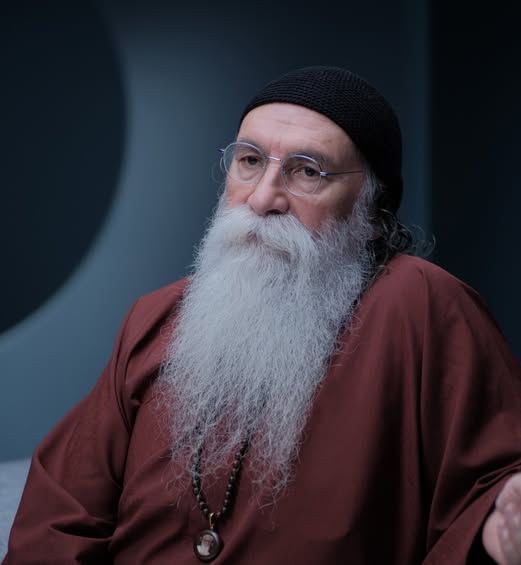“This statement is not merely a rhetorical device, but a warning that directly challenges the autonomy of the thinking subject. It raises the question of whether self-awareness manages to assert its sovereignty or whether, through inertia or critical negligence, it delegates its capacity for judgment to external structures. The omission of rational examination of one’s own beliefs opens the door to a form of intellectual servitude in which consciousness operates as a mere echo of pre-established discourses.
Plato illustrated this condition with singular clarity in his allegory of the cave: what is commonly assumed to be reality may be nothing more than a shared illusory construction. The shadows, projected by agents who control visibility, acquire the status of truth for those who fail to emancipate themselves from the mirage. Without the exercise of a deliberate break, the subject remains subject to the realm of appearances.
Immanuel Kant, in his essay Beantwortung der Frage: Was ist Aufklärung?, formulated a fundamental slogan for modern thought: Sapere aude! —dare to think for yourself. To withdraw from this imperative is to abdicate autonomous rationality and allow consciousness to be occupied by the tutelage of another.
Jean-Paul Sartre, with the rigor that characterizes his conception of freedom, argued that “if you do not think for yourself, others will think for you… and they will not do so in your favor.” This statement encapsulates the ontological requirement of assuming freedom as a task and not as a mere attribute.
In the Gospel according to John, it is proclaimed:
καὶ γνώσεσθε τὴν ἀλήθειαν, καὶ ἡ ἀλήθεια ἐλευθερώσει ὑμᾶς.
And you will know the truth, and the truth will set you free
(Jn 8:32)
The truth, however, is not inherited or passively transmitted; it requires rigorous searching, systematic confrontation, and a willingness to destabilize the conceptual frameworks that structure ordinary perception.
Spinoza observed with keen lucidity that human beings consider themselves free only because they are unaware of the causes that determine their actions. Where the genealogy of beliefs is ignored, a subtle form of alienation operates, cloaked in false spontaneity.
To accept beliefs without subjecting them to critical examination is to consent to silent alienation. The subject who internalizes foreign ideas without discernment ends up uttering a discourse that does not belong to them, effectively renouncing their intellectual identity. Uncritical acceptance may offer illusory comfort, but its price is the deactivation of judgment and, with it, the loss of the individual’s reflective integrity. Freedom does not consist in mere choice, but in the lucid deliberation that precedes it. Only those who rigorously question their convictions can legitimately claim the authenticity of their beliefs.
Ultimately, a genuine belief does not emerge through mere adherence, but as the result of conscious appropriation. Thinking implies responsibility; that responsibility marks the beginning of all true freedom.”
Prabhuji




